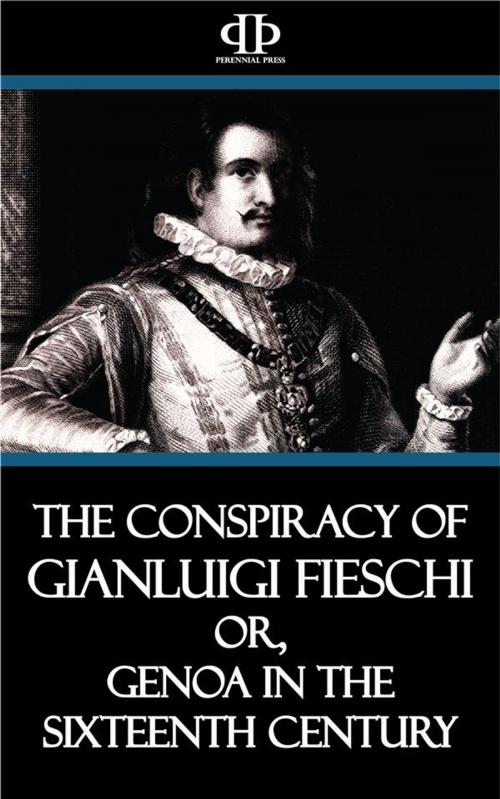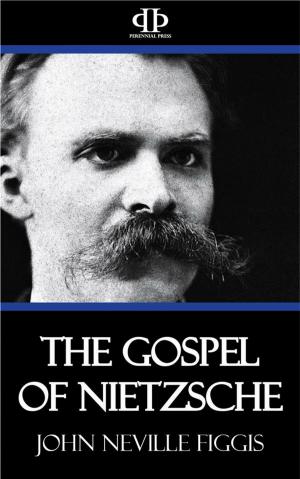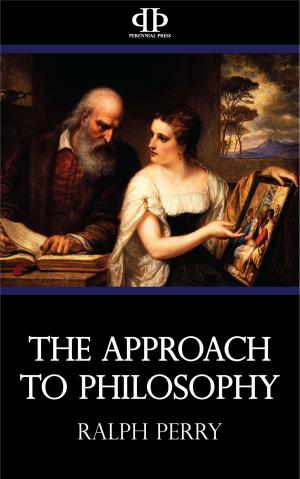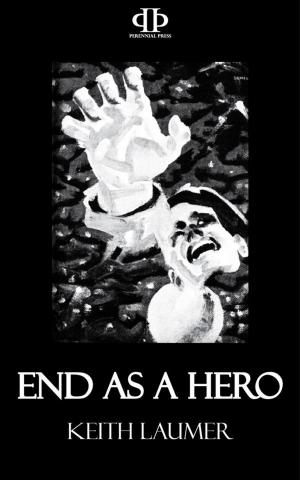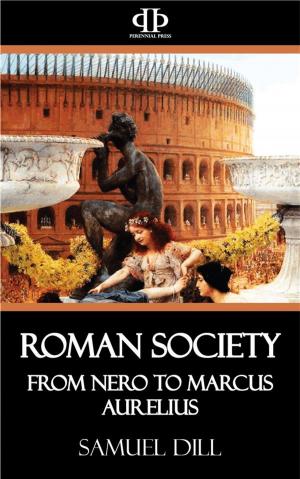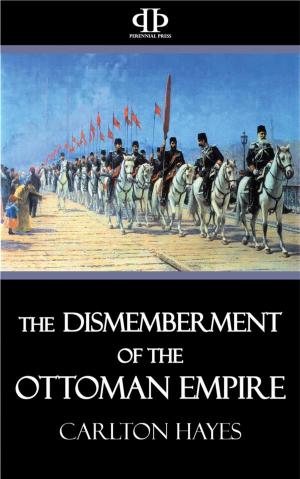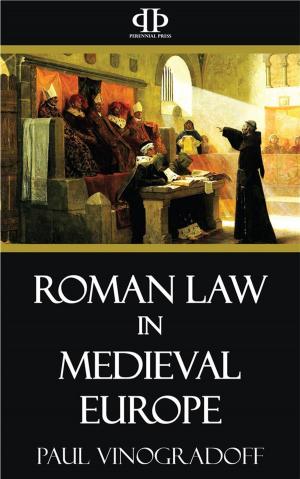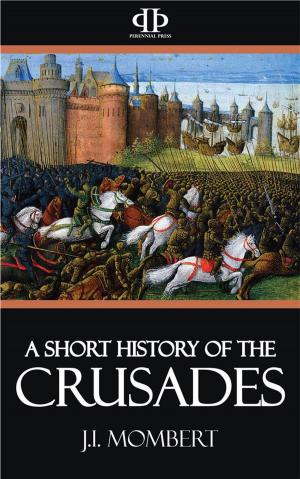The Conspiracy of Gianluigi Fieschi
or, Genoa in the Sixteenth Century
Nonfiction, History, Italy, Modern| Author: | Emanuele Celesia | ISBN: | 9781518335945 |
| Publisher: | Perennial Press | Publication: | December 12, 2015 |
| Imprint: | Language: | English |
| Author: | Emanuele Celesia |
| ISBN: | 9781518335945 |
| Publisher: | Perennial Press |
| Publication: | December 12, 2015 |
| Imprint: | |
| Language: | English |
The first impression of the general reader may be that this book treats of events so distant in time, and so different in moral scenery, from the political and social conditions in which we live as to afford little or no instruction to us. No history, except that of one’s own country, affords precise forms in which to mould the present; and what are called historical parallels do not really exist, since every series of political events has peculiar elements which make close analogies with any other series impossible. Those who quote events in the history of other times and peoples as containing precise instruction for present national action usually deceive their auditors all the more completely from being deceived themselves. It is only in the abundant matter of general principles that history contains lessons of political wisdom. In this sense the work before the reader is not without valuable instruction. M. Celesia has given us a view of the social and political condition of the masses who have too often been excluded from history because they had been excluded from power in the state.
We see, in fact, some painful scenes of that long tragedy which ended in the disfranchisement of the Italians, in the very period when most other European nations were making the bases of their institutions broader by enlarging the liberties of their peoples; and we see clearly that two vast despotisms—one reposing on a fiction of the continued life of the Roman Empire and the other on a perversion of the principle of Christian Authority—conspiring now together, now against each other, bewildered the intellect and destroyed the political vitality of Italy, gradually reducing her to a mere geographical expression. The people struggled in vain, partly because they struggled blindly, partly because a pernicious error placed them in exceptional conditions by stripping them of a part of their rights avowedly in the interest of humanity at large. So far this struggle was peculiar in form; but at bottom it was a struggle for popular rights, and its disastrous close is here shown to have been due to no fault of the people themselves. It is just here that less than justice has been done to the Italians, and this work well illustrates the stupendous falsehood which slew them.
Our interest in this error might be less if it were dead; but it lives and embarasses the Italians of our own day. We have just been gravely informed by a French statesmen that Rome does not belong to Italy, but to the whole catholic world; and the statement is a key not only to current Italian difficulties but also to the failure of the nation to keep pace with the rest of Europe in the sixteenth century. Then, more than now, other nations conceived themselves to have a mission to preserve institutions which Italy was disposed to condemn and abolish. Then a larger number of Italians than now were bewildered by the legal or historical claim set up for a dead Empire and a Christian Church founded upon force, and in their bewilderment went over to their enemies. But below all this, a brave people struck manful blows for their salvation, and when they fell were suffocated with the terrible doctrine that Italy does not belong to herself. The statement of Count Persigny was and is, in its political significance, when applied to Italian politics, exactly like a declaration that London does not belong to England or Paris to France.
The first impression of the general reader may be that this book treats of events so distant in time, and so different in moral scenery, from the political and social conditions in which we live as to afford little or no instruction to us. No history, except that of one’s own country, affords precise forms in which to mould the present; and what are called historical parallels do not really exist, since every series of political events has peculiar elements which make close analogies with any other series impossible. Those who quote events in the history of other times and peoples as containing precise instruction for present national action usually deceive their auditors all the more completely from being deceived themselves. It is only in the abundant matter of general principles that history contains lessons of political wisdom. In this sense the work before the reader is not without valuable instruction. M. Celesia has given us a view of the social and political condition of the masses who have too often been excluded from history because they had been excluded from power in the state.
We see, in fact, some painful scenes of that long tragedy which ended in the disfranchisement of the Italians, in the very period when most other European nations were making the bases of their institutions broader by enlarging the liberties of their peoples; and we see clearly that two vast despotisms—one reposing on a fiction of the continued life of the Roman Empire and the other on a perversion of the principle of Christian Authority—conspiring now together, now against each other, bewildered the intellect and destroyed the political vitality of Italy, gradually reducing her to a mere geographical expression. The people struggled in vain, partly because they struggled blindly, partly because a pernicious error placed them in exceptional conditions by stripping them of a part of their rights avowedly in the interest of humanity at large. So far this struggle was peculiar in form; but at bottom it was a struggle for popular rights, and its disastrous close is here shown to have been due to no fault of the people themselves. It is just here that less than justice has been done to the Italians, and this work well illustrates the stupendous falsehood which slew them.
Our interest in this error might be less if it were dead; but it lives and embarasses the Italians of our own day. We have just been gravely informed by a French statesmen that Rome does not belong to Italy, but to the whole catholic world; and the statement is a key not only to current Italian difficulties but also to the failure of the nation to keep pace with the rest of Europe in the sixteenth century. Then, more than now, other nations conceived themselves to have a mission to preserve institutions which Italy was disposed to condemn and abolish. Then a larger number of Italians than now were bewildered by the legal or historical claim set up for a dead Empire and a Christian Church founded upon force, and in their bewilderment went over to their enemies. But below all this, a brave people struck manful blows for their salvation, and when they fell were suffocated with the terrible doctrine that Italy does not belong to herself. The statement of Count Persigny was and is, in its political significance, when applied to Italian politics, exactly like a declaration that London does not belong to England or Paris to France.
